
ÖAW-Preisfrage gewonnen
Wie steht es um den Forschungsstandort Österreich? Mit dieser Frage beschäftigte sich die heurige Preisfrage der Österreichischen Akademie der Wissenschaften (ÖAW). Mit ihrem Essay zur Beantwortung dieser Fragen haben Jan Martini von der Universität Innsbruck und seine Kollegin Nikola Falk von der Universität Zürich den dritten Platz belegt.
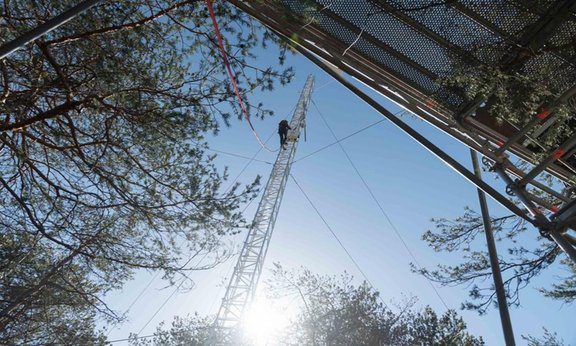
Forschung
In sieben Forschungsgruppen werden Fragestellungen zu Ökologie, Biodiversität und Evolution bearbeitet und die Auswirkungen menschlicher Einflüsse auf Ökosysteme aufgezeigt.
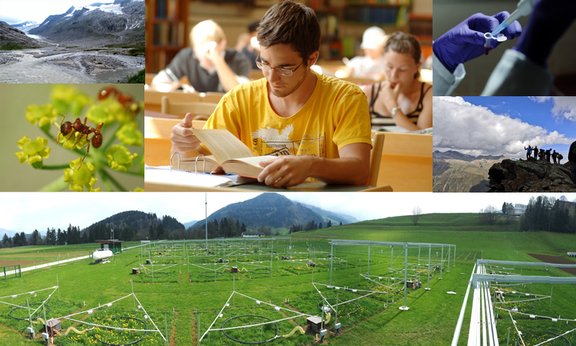
Studium
Die Vertiefung der Kenntnisse über ökologische Zusammenhänge und die Ausbildung der Studierenden sowohl in der Grundlagenwissenschaft wie im angewandten Bereich stehen im Fokus unserer Lehre.
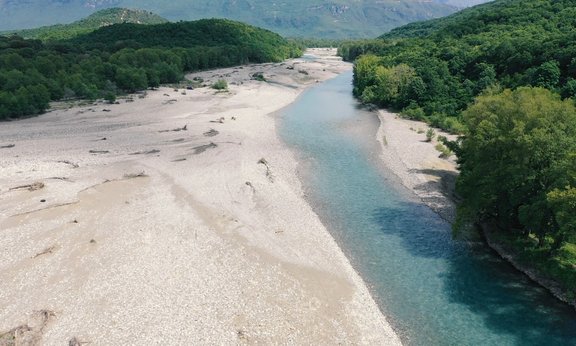
Das Institut für Ökologie
Die geographisch begünstigte Lage in den Alpen bietet die ideale Basis für den Forschungsschwerpunkt auf den Alpenraum und seine faszinierende Vielfalt an Ökosystemen.
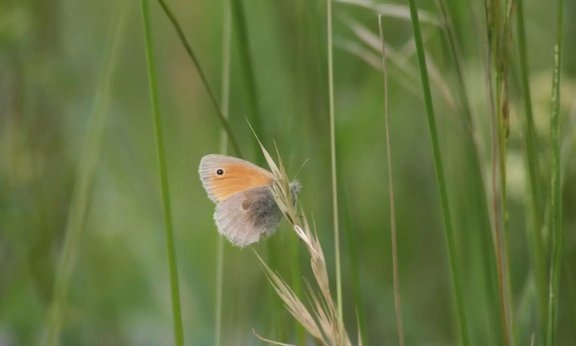
Meet an Ecology PhD
Ecology PhDs and PhD-students tell about their projects

Postcards from the Field
Innsbruck Ecology and Biodiversity scientists share their fieldwork
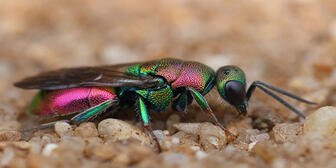
Tierökologie-Zertifikat: Arten Tirols
In Österreich leben etwa 54.000 Tierarten, fast zwei Drittel davon wohl auch in Tirol. Unmöglich, diese ganze Fülle im Detail zu kennen
Aktuelles und Termine
Terminübersicht des Kolloquiums SS24
23. September 2024, 9:00
Einfluss von Klimafaktoren auf das Radialwachstum baumförmiger Exemplare des Gemeinen Wacholders (Juniperus communis) an einem inneralpinen Trockenstandort
Defensio der Masterarbeit von Anouk Majerus
Hörsaal B, Sternwartestr. 15, 6020 Innsbruck
25. September 2024, 10:00
Screening rock ptarmigan populations in Tyrol for family associations and population genetic structure using two types of genetic markers
Defensio der Masterarbeit von Elisabeth Weninger
Praktikumsraum Biologie (5. Stock), Technikerstr. 25, 6020 Innsbruck
27. September 2024, 10:00
Radial growth response of larch (Larix decidua Mill.) to land-use related tree densification and climate warming
Defensio der Masterarbeit von Viktoria Frank
Seminarraum, Sternwartestr. 15, 6020 Innsbruck
01. Oktober 2024
Allgemeine Vorbesprechung für das Masterstudium Ökologie & Biodiversität und für EMMA WS24/25
Start für Emma um 8:00
Start für Ökologie & Biodiversität um 8:30
Hörsaal G, Technikerstraße 25, 6020 Innsbruck
Studieren und Forschen inmitten der Alpen: Ökologie & Biodiversität
Wo der Hörsaal auch einmal am Berg sein kann







